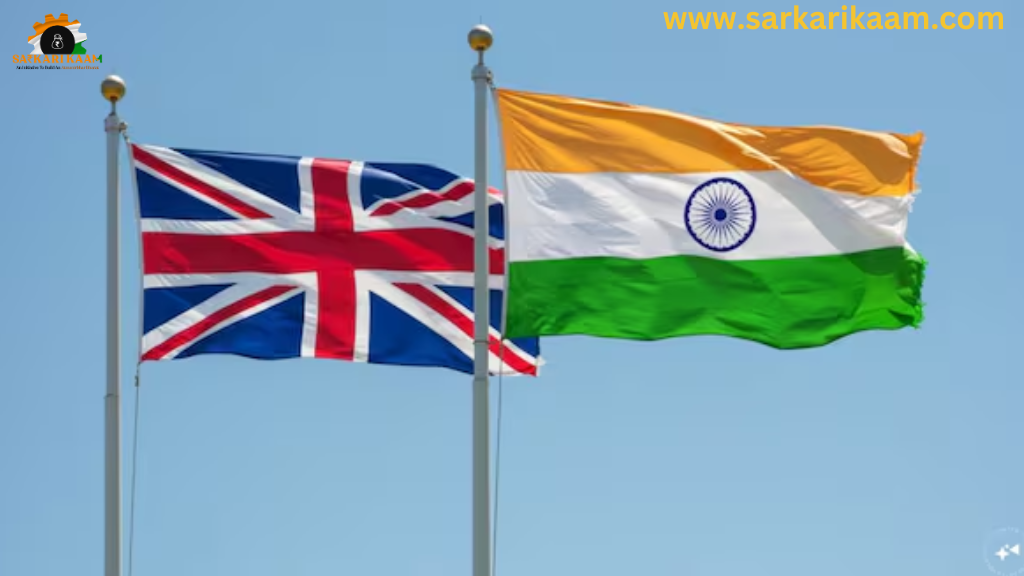
India and the United Kingdom have formally signed a landmark Free Trade Agreement (FTA) alongside a Double Contribution Convention (DCC), marking a significant milestone in their bilateral economic partnership. The agreement eliminates tariffs on nearly all traded goods, streamlines services commitments, and introduces social-security exemptions for Indian professionals in the U.K., setting the stage for a dramatic expansion of trade, investment, and employment on both sides.
Under the FTA, India will remove duties on 99 percent of its exports to the U.K., ranging from textiles and leather goods to food products, while Britain will phase out tariffs on 90 percent of its exports—such as whisky, medical devices, and aerospace components—over a gradual ten-year timetable. Analysts predict this sweeping liberalization could boost annual bilateral merchandise trade by over £25 billion by 2040 and add billions to each country’s GDP.
A centerpiece of the deal is the Double Contribution Convention, which spares Indian professionals working in the U.K. from duplicative national-insurance contributions for up to three years. This provision addresses a longstanding challenge for Indian IT and services firms, improves their cost competitiveness, and enables smoother talent deployment. Industry representatives have hailed the convention as a game-changer for cross-border services and talent mobility.
Beyond goods and worker mobility, the FTA contains robust commitments for services trade, covering sectors such as financial services, insurance, and professional and legal services. It also establishes a framework for mutual recognition of professional qualifications and transparent public-procurement rules, granting eligible Indian and U.K. firms equal access to government contracts. While financial and legal services enjoy enhanced market access, both governments have agreed to ongoing consultations to explore further liberalization in these strategically important areas.
Technology and innovation stand to gain from deeper economic integration. The pact paves the way for joint R&D collaborations and start-up partnerships in cutting-edge fields such as artificial intelligence, cybersecurity, fintech, and clean energy. Executives from both countries anticipate a surge in joint ventures and cross-border incubation schemes, reinforcing India’s stature as a global services hub and the U.K.’s role as a centre for high-value innovation.
Government officials on both sides underscored the strategic importance of the agreement. India’s commerce minister described the FTA as a forward-looking instrument that aligns with long-term growth visions, unlocks new investment avenues, and enhances technology transfer. The U.K.’s business and trade secretary highlighted immediate benefits for British exporters in food and beverage, automotive, and professional services, as well as simplified customs procedures.
Ratification is expected within the next year, with both parliaments already preparing necessary legislative adjustments. A joint Trade and Economic Council will oversee implementation, address emerging issues, and review opportunities for deeper cooperation, including a bilateral investment treaty currently under negotiation.
As this comprehensive pact comes into force, stakeholders foresee a transformative impact: increased two-way investment, faster growth in high-tech services, and the creation of tens of thousands of jobs. By knitting together tariff cuts, services facilitation, and talent-mobility measures, the India–U.K. FTA offers a blueprint for modern economic partnership—one that promises shared prosperity and a higher trajectory for both nations.


